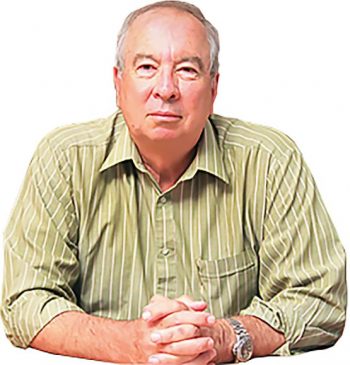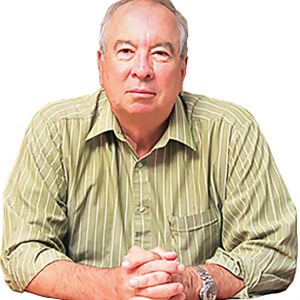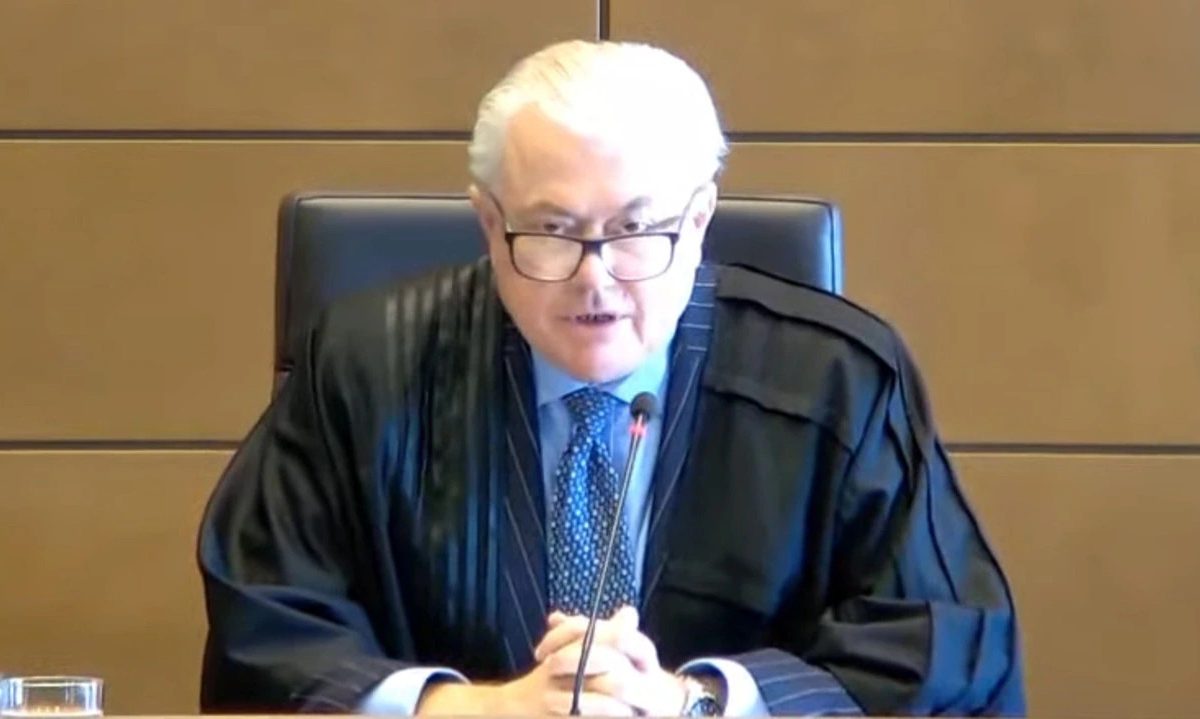…that’s the longest word in the English language. What’s in a word? “Whimsy” columnist CLIVE WILLIAMS has some of the answers.
THERE are 171,146 words in use in the English language, according to the longer “Oxford English Dictionary”, and 47,156 obsolete words.

Someone with an extensive vocabulary might know 60,000 words but the average person would not know more than 40,000.
According to lexicographer and dictionary expert Susie Dent: “The average active vocabulary of an adult English speaker is around 20,000 words”.
Shakespeare had a masterful knowledge of the English language. He used 31,534 words in his writings, but it’s estimated he knew about 66,534 words.
How many words do five-year-olds know? They usually have a vocabulary of just over 2000 words.
Stuart Webb, professor of applied linguistics at the University of Western Ontario, found that people learning another language struggle to learn more than 2000 to 3000 words, even after years of study. But if they learn 800 of the most frequently-used “lemmas”, they can understand 75 per cent of the spoken language (a lemma is a root word, as in blue, bluer, bluest, blueish, etcetera).
To understand more complex dialogue, as in films or TV, a person would need to know 3000 lemmas.
Languages have different numbers of words in use. Russian has 150,000 words, Spanish 93,000, and Chinese 85,568. That often has to do with their environment and culture.
If you want to be multilingual, it would of course be easiest to start off with a language with very few words. Taki Taki has only 340 words. Taki Taki is spoken by 120,000 people in Suriname. Its usefulness is obviously not great.
Factors to consider when thinking about learning a language are how many people speak it in total and how many different nationalities use it. The languages spoken by most people are (in order) English, Mandarin Chinese, Hindi, Spanish, French and Arabic.
English is recognised as an official language in 67 different countries. Local dialects of English can sometimes be hard to understand. Many English speakers struggle to understand Scottish English or Pidgin English.
Capitalists would no doubt relate the desirability of learning a language to wealth creation. The top four business languages are: English, Mandarin Chinese, Spanish and Arabic.
There may be other reasons for learning a language. Nelson Mandela learned the language of his jailers (Afrikaans) because, he said: “If you talk to a man in a language he understands, that goes to his head. If you talk to him in his language, that goes to his heart.”
Mandarin Chinese is said to be the hardest major language to learn. I learned Mandarin for 12 months at the RAAF School of Languages at Point Cook. Our ethnic Chinese teacher did not like the abbreviated form of characters used in China, so we had to learn the much more complicated long form. Students learning Romanised Indonesian were almost fluent after 12 months, while we were still at an intermediate stage in Chinese.
Now for some useful language-related pub quiz trivia:
- The language with the most swear words is Polish – presumably the Poles have much to swear about.
- The longest English word is pneumonoultramicroscopicsilicovolcanoconiosis – a word that refers to a lung disease contracted from the inhalation of very fine silica particles.
- The shortest English word that contains all five main vowels is eunoia (meaning a feeling of goodwill).
- Sentences that contain all 26 letters of the English alphabet are called pangrams. They include “The quick brown fox jumps over the lazy dog” and “Amazingly few discotheques provide jukeboxes.” (Pangrams were handy for testing typewriter keys.)
English can undoubtedly be difficult to master; but I’m told it can be done though through tough thorough thought!
Clive Williams is a Canberra columnist.
Who can be trusted?
In a world of spin and confusion, there’s never been a more important time to support independent journalism in Canberra.
If you trust our work online and want to enforce the power of independent voices, I invite you to make a small contribution.
Every dollar of support is invested back into our journalism to help keep citynews.com.au strong and free.
Thank you,
Ian Meikle, editor





Leave a Reply